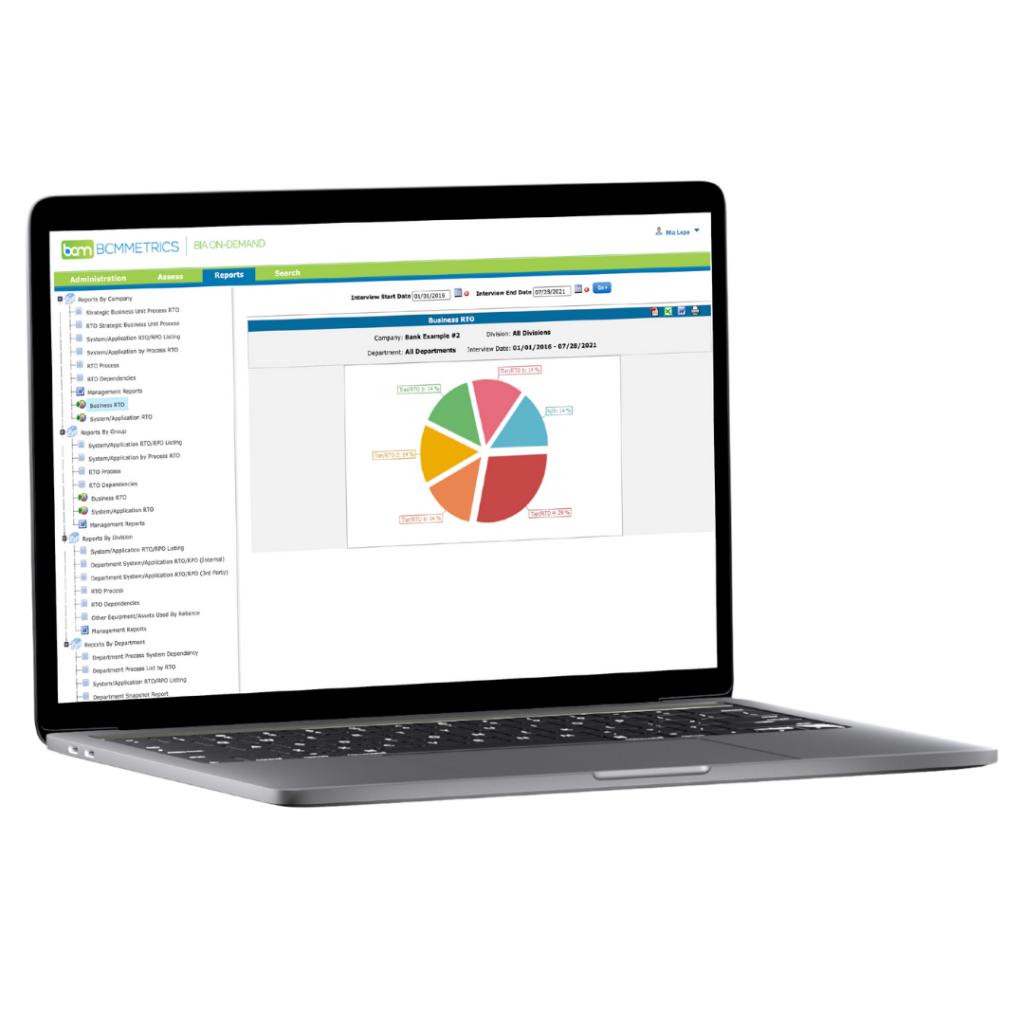Rehearsing Plan B: The Importance of Mastering Your Workarounds

In terms of bang for the buck, not all business continuity activities are created equal. One of the most valuable ways BC practitioners can spend their time is making sure their organizations can truly execute on their manual workarounds.
Related on MHA Consulting: The Retro Revolution: Why Manual Workarounds Are a BC Must
Rehearsing Your Plan B
Due to the complexity of BC methodology, many aspects of the field have the potential to become time sinks. It’s not hard to spend hundreds of hours a year doing BIAs, gap analyses, and risk assessments and developing recovery strategies and writing recovery plans.
Pursued purposefully these are all worthwhile activities.
However, there is one activity that most BC offices tend to neglect—and pound for pound it is one of the most worthwhile ways a BC professional can spend his or her time.
This activity is as practical as making sure you have the tools, equipment, and skill needed to change a flat tire. And not only making sure you have these things, but validating your capability by doing the task.
The activity could be described as rehearsing your Plan B, or, alternately, mastering your workarounds.
Closing the Circle
Most of the people who read this blog work for organizations that have developed recovery plans that incorporate manual workarounds for their mission-critical business processes. This is to be commended.
However, our experience at MHA Consulting is that relatively few organizations have closed the circle by putting their workarounds to the test, to make sure the staff can perform them when the need arises.
It’s not enough to have plans to manually take orders, ship products, track inventory, and run payroll. The company has to make sure those plans have been carefully thought through and that everything needed to execute on them—whether it’s special equipment, advance preparations, or training for staff—is in place.
Like Putting on a Play
The use of the term “rehearsal” is fitting because being able to successfully perform a workaround has a lot in common with putting on a play.
In theater, a long distance separates having a script from being able to mount an entertaining production for a paying audience. Even with a brilliant director and great cast, putting on a polished production requires rehearsal by the performers and preparation of the sets, costumes, and so on.
Similarly, in business continuity, there’s a big difference between having a planned manual workaround and being able to execute on the workaround under pressure.
No matter how talented your people are, rehearsal and preparation are required to close the gap.
The BC Practitioner’s Role
Let’s look more specifically at the BC practitioner’s role in relation to this issue.
For many people, working independently on a BIA or recovery plan comes more naturally than persuading a team from another department to participate in an exercise. Nevertheless, the effort has to be made because the ultimate goal of the position requires it. The BC practitioner’s role is primarily one of coordinating preparations and training, and working with the departments to help them master their workarounds fits squarely in that basket.
Here are some additional considerations:
- The kind of rehearsal we’re talking about doesn’t necessarily mean everyone has to perform the workaround for a full day (for example). Having a portion of the team work manually for two hours can go a long way toward ensuring that a workaround is viable and executable.
- In choosing which workarounds to practice, start with the ones for processes whose interruption would cause the greatest impact to the organization (as identified in the risk assessment).
- It’s worth remembering that these workarounds are not separate from the recovery plan; they are the plan. In working with the departments to practice their manual workarounds, you are helping your organization get better at executing on its recovery plans.
- Be prepared for pushback by people who say there’s no point in rehearsing a workaround because the primary method for doing that particular task will never go down. Unprecedented outages occur all the time. You might need to put on your teacher hat to help your colleagues understand why practicing manual workarounds is important.
Whichever way you slice it, it is important for BC professionals to help their organizations master their manual workarounds. You have to rehearse your Plan B.
Ensuring Your Workarounds Truly Work
Business continuity has no shortage of complicated methodologies. However, one of the simplest things a BC practitioner can do is also one of the most beneficial: ensuring the company’s workarounds are truly functional.
Just as theater people rehearse and prepare to enable them to mount polished stage productions, companies should rehearse their manual workarounds to make sure they can execute on them if and when the need arises. By rehearsing their “Plan B’s,” BC professionals can help their organizations ensure that their manual workarounds actually work.
Further Reading
- For Want of a Nail: The Importance of Meticulous Execution in BC and IT/DR
- The Retro Revolution: Why Manual Workarounds Are a BC Must
- Planning to Fail: 10 Common Mistakes Companies Make with Their BC Plans
- Why Every BC Professional Should Become a Gap Hunter
- Write or Wrong: Five Common BCM Documentation Mistakes









